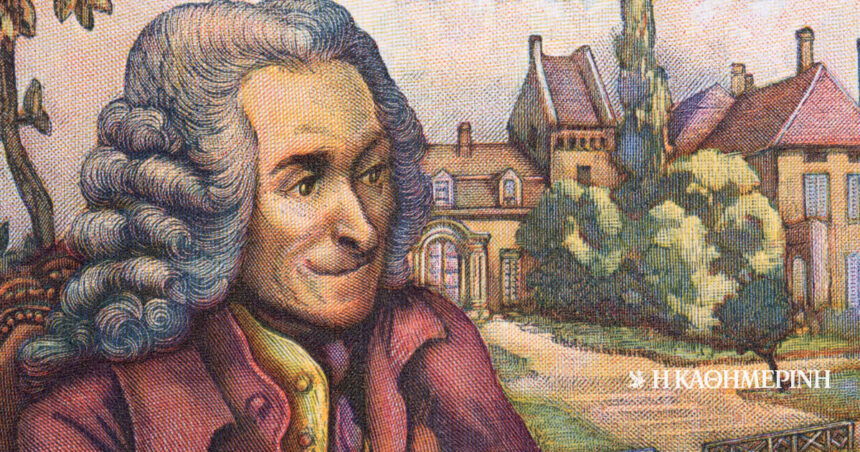Although its cultural current Enlightenment it drew much of its inspiration from the works of British thinkers of the 17th century Intellectual Revolution and was generally a European phenomenon, flourishing and reaching its greatest heyday in France. There, his ideas were expressed in the written texts of a group whose members called themselves “philosophers”. The texts of the Enlightenment philosophers were dominated by ideas and postulates related to man’s place in the universe, his attitude towards God and organized religion, the acceptance of Greco-Roman civilization as a model, the problems and interests of people, etc. a.
One of the main exponents and defenders of Enlightenment ideas was Francois Marie Arroueta thinker who preferred to sign as Voltaire. Voltaire was largely identified with the current of the Enlightenment, like Martin Luther with the Religious Reformation and Michael Angelo with the Renaissance in Italy. He was often accused of the satirical content of his textswhich criticized noble and grand officials. One of his satires, in fact, was the reason for his imprisonment and exile in England, where he remained for three years.
During his youth, he mingled with members of the aristocracy and upper echelons of French society.
He himself, of course, knew very well the environment of state officials, which he satirized. He was born on November 21, 1694 in Paris to a middle-class family. His father was a notary public and worked as a senior official in the Ministry of Finance. He himself, when he came of age, indulged in legal science. After completing his studies, he served as secretary to the French ambassador in the Netherlands. More generally during the time of his youth he socialized with people of the aristocracy and the upper strata of French society, gaining valuable experiences for the writing of his satirical texts.
During his stay in England, his interest was attracted by the philosophy of John Locke and ideas of Isaac Newton. Through Lord Bolinbroke’s friend, he came into contact with the English literature of the time. Philosophical rationality was always at the center of his interests. He was an advocate of individual freedom, considering any restriction of people’s freedom of speech and expression of opinion to be barbaric. After all, the phrase of “I don’t agree with a word you say, but I will defend to the death your right to say it“, which he wrote in a letter to one of his ideological opponents.
He criticized the Catholic Church for the harshness with which it dealt with its various problems.
The organized Church was the target of his criticism several times. Voltaire excoriated the Catholic Church for the harshness with which it dealt with its various problems, burning at the stake those who dared to express a different view from the official dogma. He was absolute in dealing with the Church, declaring: “Smash that damn thing». He was equally absolute in his attacks on political tyranny.
He spent the last years of his life on his estate near the Franco-Swiss border. Wishing to have a Christian funeral, he signed a statement, in which he retracted certain positions he had written in his earlier writings. Although the Catholic Church considered this statement insufficient, Voltaire refused to retract his entire works. Shortly before he died, he gave a friend a statement, which read: “I die worshiping God, who loves my friends, who does not hate my enemies, and who abhors oppression.” He breathed his last on March 30, 1778. In 1791, his remains were transferred to the Panthéon in Paris, where his crypt is still today.
Column editor: Myrto Katsigera, Vassilis Minakakis, Antigoni-Despina Poimenidou, Athanasios Syroplakis




